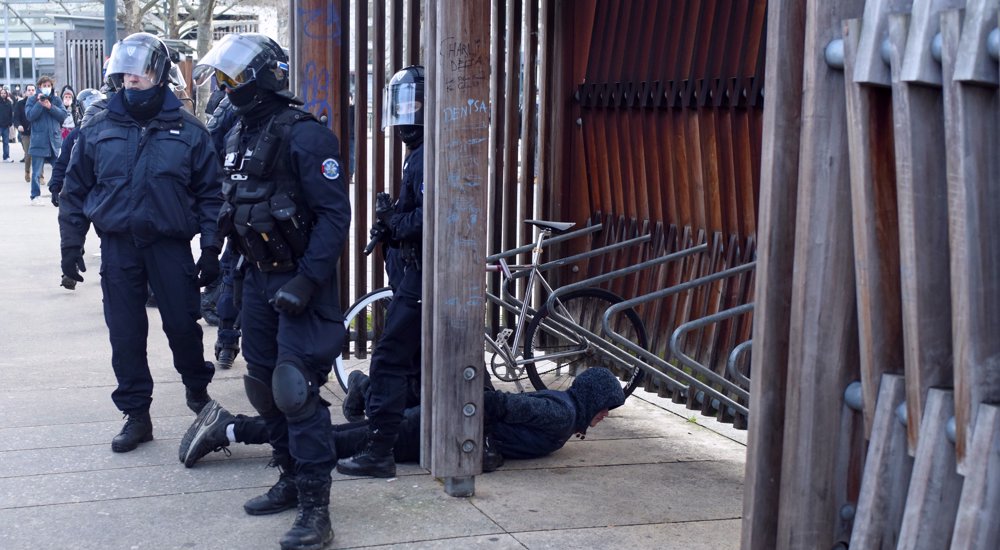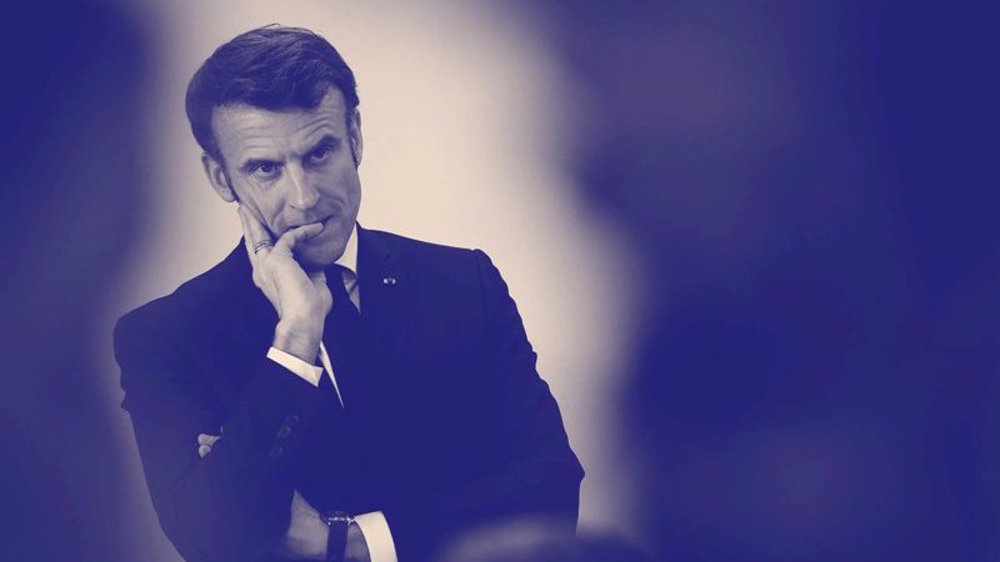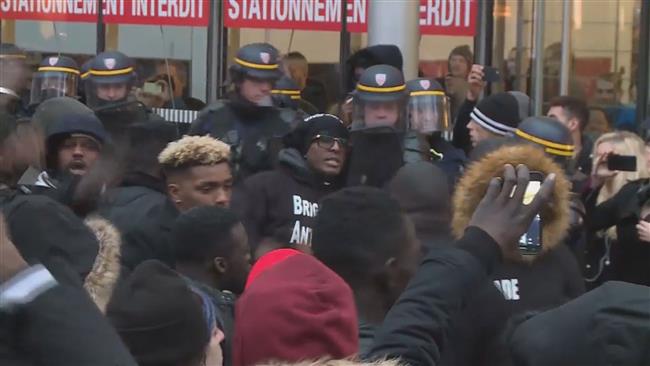French government on legal notice over police racial discrimination
Several prominent rights organizations have filed a class-action lawsuit against the French government over racial and discriminatory actions by police, which have recently sparked angry protests across France.
Six nongovernmental organizations (NGOs), including Human Rights Watch (HRW) and Amnesty International, accused the government of President Emmanuel Macron of neglecting its duty to end police’s discriminatory identity checks.
Lawyers representing the group said police used racial profiling in carrying out identity checks, targeting Black people and other minorities.
Macron has acknowledged in an interview that, “Today, when your skin color is not white, you’re checked more often.”
He said in December last year that his government would open an online platform to consult citizens on discrimination issues.
The collective lawsuit, which is filed on behalf of brown and Black people, is the first such action that targets the French government in relation to policing.
“It’s revolutionary, because we’re going to speak for hundreds of thousands, even a million people,” said one of the lawyers, Slim Ben Achour.
The two-stage lawsuit process gives the French authorities four months to talk with the NGOs about meeting their demands, according to Ben Achour.
If the parties behind the lawsuit are left unsatisfied after that time, he said, the case will go to court.
Despite several independent reports and a series of recent scandals exposing discriminatory police practices in France, Macron’s government has taken no steps to address the issue.
Instead, his government introduced a security bill late last year that would restrict sharing images of on-duty police officers. Under that bill, offenders could be jailed for up to a year and fined 45,000 euros (53,000 dollars) for sharing images of police officers.
The draft law, which will be examined by the Senate in March, has sparked widespread protests across the country.
In the face of the protests, Macron’s ruling LREM party has said it will rewrite the bill’s controversial Article 24, which that with filming the police, but protesters demand the complete withdrawal of the law.
They argue that the law curbs the right of reporters to cover police brutality and contradicts “the fundamental public freedoms of our Republic.”
French police brutality came to the spotlight in December last year when a video footage, circulating online, showed the violent arrest of a music producer for not wearing a face mask required under coronavirus restrictions.
Three police officers followed the man inside his music studio in Paris, and began repeatedly punching him and beating him with a truncheon. They also subjected him to racial abuse.
The police were unaware they were being filmed by a surveillance camera.
Police also came under scrutiny earlier after people posted videos on social media of officers hitting demonstrators as they cleared a refugee camp in central Paris.
That incident also provoked angry protests across the country.
Yemeni armed forces down F-18 fighter jet, repel US-UK attack: Spokesman
Iran warns against US-Israeli plot to weaken Muslims, dominate region
VIDEO | Public uproar in US against Israeli regime
‘Ghost town’: 70% of Jabalia buildings destroyed by Israel
Mother’s Day: Sareh Javanmardi’s inspiring journey as Paralympic champion and mother
Russia downs over 40 Ukrainian drones as Putin vows 'destruction' on Kiev
VIDEO | Yemen: A bone in Israeli neck
D-8’s role in Iran’s economy after Cairo summit














 This makes it easy to access the Press TV website
This makes it easy to access the Press TV website